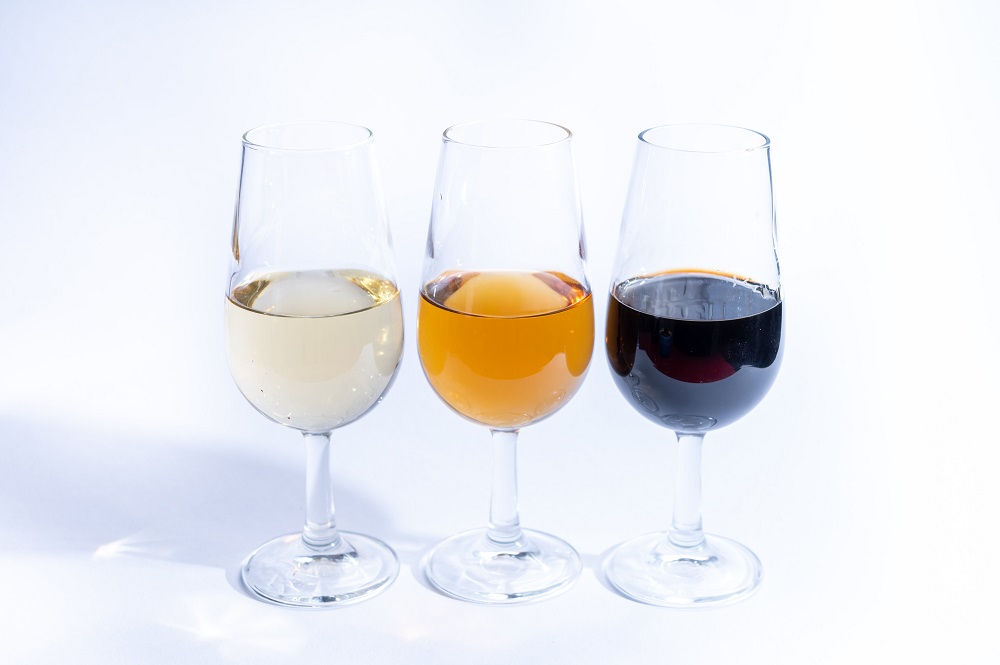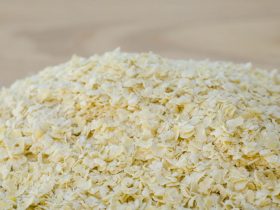Sherry is a sweet-tasting fortified wine originating from the country of Spain, where it is usually grown from white grapes before being fortified by other alcoholic spirits.
Like most forms of alcoholic wines, sherry will keep well in the proper conditions, so long as exposure to oxygen and the open air is reduced as much as possible1.
Because of the alcohol present within sherry as well as the processes involved in producing and bottling it, sherry possesses a relatively long shelf-life so long as it is kept within its bottle and in a storage environment not conducive to bacterial growth. Depending on the type of sherry, it may last up to four years unopened.
What are the Ideal Conditions for Storing Sherry?
While temperature and humidity are often deciding factors when concerning the topic of storing food and drink, sherry is most often stored in caskets or glass bottles, and as such is protected from exposure to moisture that may be present in the storage area.
Temperature, on the other hand, may cause the bottles to rupture due to Zymomonas mobilis producing oxygen as a byproduct of their life cycle within the sherry. If the sherry is stored in a temperature far too low, it will begin to freeze, and if the temperature is too high, the internal pressure of the bottle may cause it to explode.

As such, the best temperature to store sherry at is around the room temperature of 68 to 72 °F, though certain sherries are better served chilled in the fridge before consumption.
Another factor to consider is the exposure of the sherry to open air, as oxygenation of the sherry may reduce the quality of its flavor as well as increase the presence of tannins within. It is best to keep the bottle of sherry unopened until you choose to consume it2.
Can Sherry be Stored Unopened on the Counter?
Yes, sherry may be kept on the counter or in the pantry, though there are a few spoilage-inducing elements to watch out for.
The best place to store sherry – apart from a legitimate wine cellar – is in a cool and dark corner of your pantry. Direct sunlight will greatly affect the quality of your sherry, as will temperatures that are too warm.
When keeping the sherry in the pantry or counter, ensure that it is placed upright so as to reduce the wines’ exposure to air within the bottle, as excess exposure to air will affect it negatively.
Can You Refrigerate Sherry?
Though most sherry bottles remain perfectly safe to drink for years so long as they haven’t been opened, it is also possible to place them in the fridge if one wishes to serve them chilled.
The length of time sherry lasts unopened in the fridge is approximately the same time it would outside of it. Depending on the type of sherry, it may last up to a maximum of four years.
Can You Refrigerate Opened Sherry?
On the other hand, if you have left-overs from serving sherry, it is best to keep any remains of the bottle within the fridge.
It is best to leave the sherry in its original bottle, as the process of moving it to a new container will expose it needlessly to oxygen.
Reseal the bottle either with the original cork or through another method – taking care to remove any excess air and moisture that may be present in the bottle.
Store upright in the fridge for up to a week, though loss of quality will occur much more quickly than this length of time.
Can Sherry be Frozen?
Depending on whether your sherry is for direct consumption or as a cooking ingredient, freezing may not be advisable.
Most wines lose quality when frozen owing to the effects of water crystallization, and so if you desire to drink your sherry in the future instead of using it for cooking, it is best to not freeze it and to instead leave it in the pantry.
If your sherry is for cooking, however, all that is required is an ice tray, resealable plastic bags and a freezer capable of reaching the freezing temperature of water at 32°F.
After opening the bottle of cooking sherry, pour carefully into the individual divots of the ice tray, taking care not to overfill them as this will cause the sherry to freeze into a single block.
Once the ice tray is filled, place in the freezer for up to two hours or until the individual cubes have frozen solid and can be removed from their respective divots without any sticking.
Take the resealable plastic pouch and fill with the sherry ice-cubes. Do this quickly, because any melting on the surfaces of the ice will cause them to fuse together once returned to the freezer.
Place the plastic bag of sherry in the freezer for up to several years.
Thawing the sherry ice-cubes is not necessary, simply add them to the dish you require cooking sherry for.
Can Sherry go Bad?
Though sherry takes a short amount of time to develop bacterial or fungal cultures, the loss of flavor and texture is far more pronounced in an even shorter amount of time.
Once exposed to the elements, sherry should be consumed in its entirety to avoid its’ taste growing flat.
Apart from a loss of quality, sherry may develop certain species of alcohol-resistant fungi. These cultures will most often be visually identifiable as floating masses atop the surface of the wine or even floating in it. Should you notice this, dispose of the bottle immediately.
What is the Difference When Storing Cooking Sherry and Drinking Sherry?
While both cooking sherry and sherry made for consumption are both produced from the same plant in the same manner, cooking sherry has several chemical additives that allow it to withstand the rigorous environment of cooking, allowing its signature taste to stay intact.
Does the Source of the Sherry Change its Shelf-life?
Yes. Depending on the methods used in fermenting the sherry as well as the fruit-source, the exact length of time the sherry will remain consumable can differ greatly.
Apart from these factors, any additives added by individual wine-making companies will also shorten or lengthen its shelf-life.
As a general guideline, it is advisable to refer to the box or website of your particular sherry in order to determine the length of time it can be stored for.
References
1. Dr. Murli Dharmadhikari. “Wine Aeration and Its Adverse Effects” Iowa State University
2. K. MacNeil. (2001) “The Wine Bible” pg 447 Workman Publishing Company





Hi, I'm Dom
Dom Eats was started to help other people fall in love with food. While cooking can feel intimidating, it doesn't have to be.